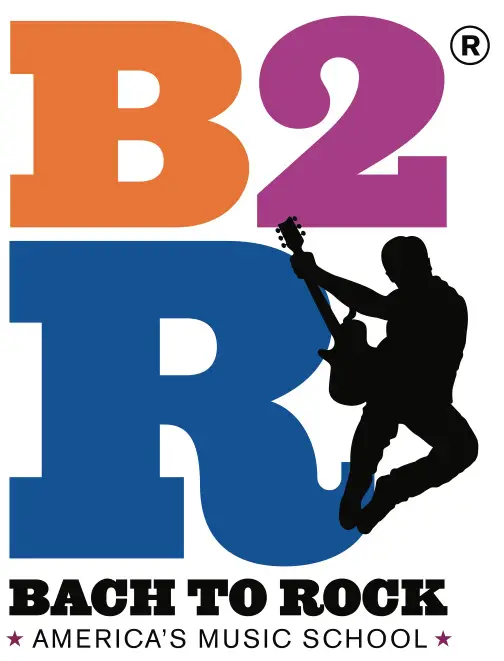Get the Best Family Activities
"This can be difficult. When in the public eye, different disorders have different connotations. Each person has his or her own perspective and the media feeds into the perceptions. Parents encounter an overabundance of advice from society, experts, teachers, and family regarding discipline, education, intervention, feeding, etc., and too often their own voice or experience gets lost. I remember a parent once asking me if she could discipline her child. She was overwhelmed by the amount of expert advice and almost daily articles surrounding discipline and had simply done nothing. I counseled: You know your child the best and you know what you want for your family. That includes the values you hold dear regarding behavior, achievement, and relationships. Therefore, you must rely on these values to guide you in teaching appropriate social functioning to your children. My role as a consultant is to help you identify these values and come up with the strategies that will help you effectively implement them for use everywhere, but the values must be your own. What works for one family will not always work for another, and as long as you are not abusing your child and can utilize the majority of these strategies across environments, then you can create and follow through on an effective discipline plan for your child.
"It is this advice that my clients have found to be the most helpful, empowering, and supportive. Your family is your own. The diagnosis and needs only dictate the supports you need but it does not take away from your voice or responsibility to love, nurture, and raise your children to function at their fullest potential."
Frederica McLean, M.Ed is a child and family development consultant specializing in behavior management at Living Above Disorder Consulting in Brooklyn. She provides special needs, education, and family development training and consulting in addition to at-home behavior and social skills intervention planning for families.
7.
"After my son was diagnosed, a friend warned me not to 'disable him.' At the time I did not understand what she meant. Now I realize: Having a child with special needs, it’s easy to fall into the habit of doing. You want to help them or you’re in a rush and you do the things they should learn to do for themselves. And sometimes you’re overprotective and scared to let go. As my son is getting older, I’m learning to let him do for himself. Even if it means waking up a few minutes earlier. And I’m learning to let go. It’s okay to let them fall; it’s part of growing up."
Lisa Quinones-Fontanez writes the blog AutismWonderland.com, which chronicles her journey with her 7-year-old son Norrin, who has autism, and their adventures in the Bronx. She was featured as a "Homegrown Hero" in Special Parent magazine; read the article at nyspecialparent.com/hero-quinones.
8.
"After Josie received her diagnoses, we were told to trust our instincts. Josie is our child and we know her better than anyone else. We are the only experts on Josie. No one else, including her pediatrician, her therapists, or her teachers, knows Josie the way we do. Her father and I always respectfully listen and take into consideration what others have to say, but at the end of the day, we make the decisions regarding her care and education.
"Also, we were told that Josie is a person, not a diagnosis. She is the same baby we brought home from the hospital. There is no crystal ball. No one can predict what the future will be. We need to parent Josie the same way we parent our other seven children."
Jennifer Swartvagher lives with her husband and eight children in the Hudson Valley. Her daughter, Josie, has been diagnosed with dyspraxia and hypotonia, and attends a special needs preschool. Swartvagher blogs at beyondthecrib.com.
9.
"The best advice I ever got was when I asked my daughter’s doctor, 'What is her diagnosis?' He looked at me with a smile and said, 'That depends on why you are asking. If you are asking for insurance coding or school accommodations, the diagnosis is XYZ. But the reality is that with children it takes time to unravel, and I don't treat a diagnosis, I treat the symptoms; we will treat the child, who will not to be defined by a label. Labels can bring limitations, and this child has no limitations.'"
Marianne Russo is a married mother of three daughters living on Long Island. She is the president and host of The Coffee Klatch Special Needs Talk Radio Networks, which brings parents a world of renowned experts, resources, support, and most of all, hope.
10.
"Love her for who she is."
Jill Edelman, MSW, LCSW, of Redding, CT, is the mother of a grown daughter with special needs who blogs at ParentingAdultSpecialNeeds.com. She is also the author of This Crazy Quilt: Parenting Adult Special Needs One Day at a Time, dubbed “A must-read for parents of special needs children nearing adulthood” by Kirkus Reviews.
11.
"I am very thankful for the advice I received from a Birth to Three physical therapist. My daughter has a physical disability. When Kari was young, rather than watch her struggle to get a toy by herself, I would hand it to her. The therapist told me that I need to 'sit on my hands' and that 'Kari will figure out how to get it on her own.' As parents, we want to help our children. What I did not realize is that my actions communicated that I did not think that she was able to get it on her own. As Kari got older, when she struggled to learn a new skill like opening a door from her wheelchair, we would strategize together how she could do it by herself. Today, she is a very determined and independent 9-year-old with a great 'can-do' attitude. I am so appreciative of her physical therapists who challenged me to let her do it on her own."
Karleen Craddock is the Southwest regional coordinator for the Connecticut Family Support Network, which provides family support and collaborates with state agencies and advocacy organizations on families' behalf across six regions throughout Connecticut, including Fairfield County.



.jpg)

